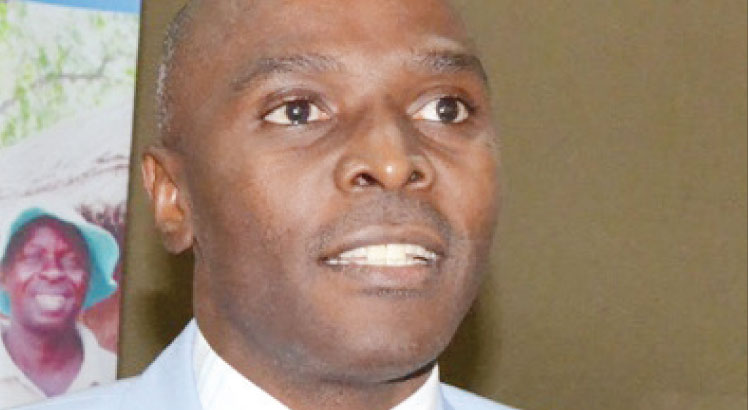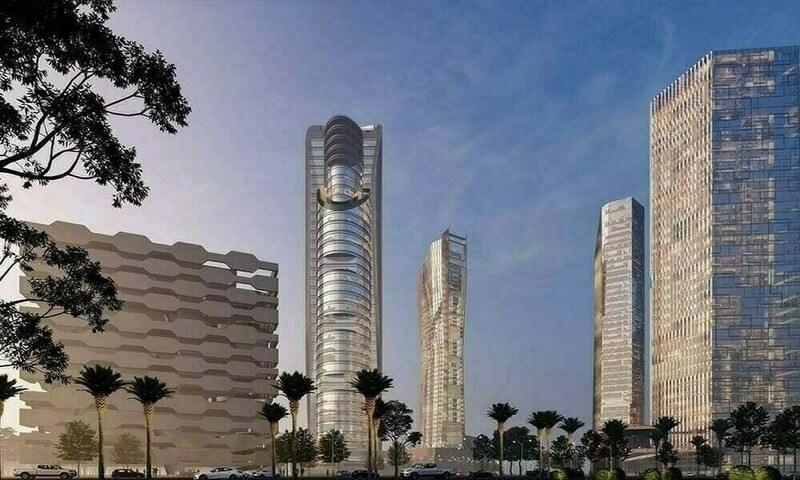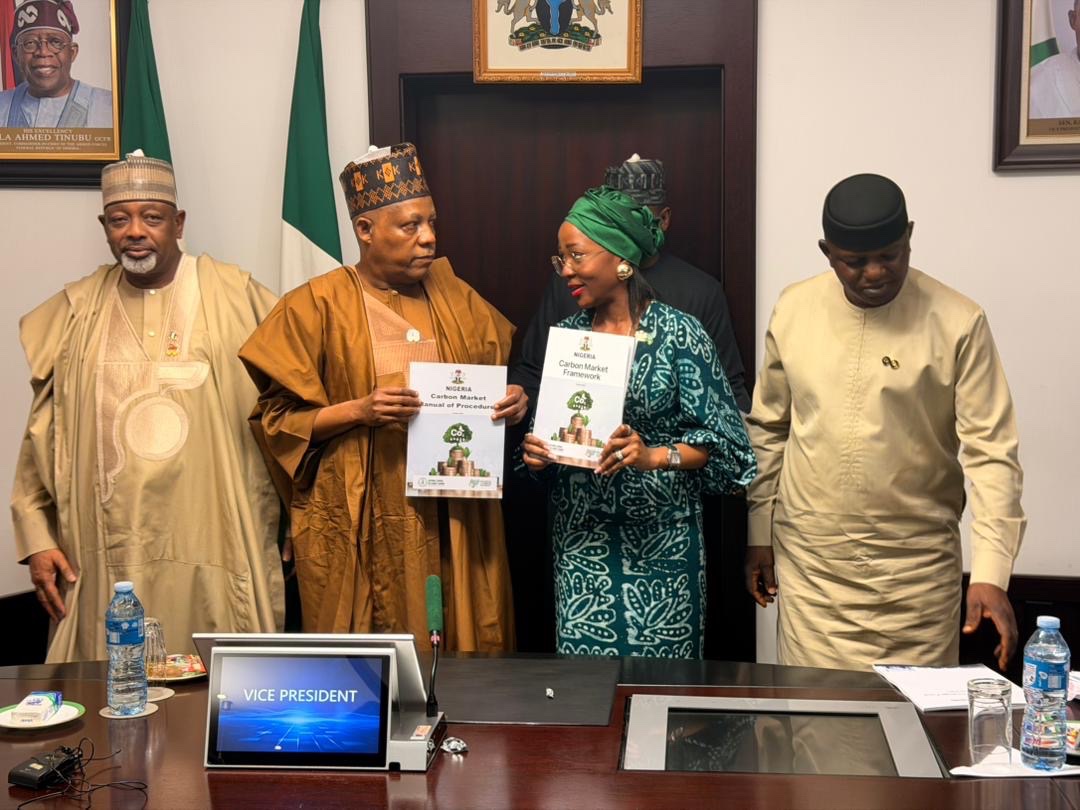Copyright mwnation

From Monday to next Friday, an International Monetary Fund (IMF) Mission will hold high stakes talks with Malawi on a fresh economic programme, but analysts say Capital Hill faces a huge task minus a credible track record. Major obstacles to clinching an IMF-supported Extended Credit Facility (ECF)—at least in the context of the fund’s 2025 Article IV consultation with Malawi—include the exchange rate policy. The fund is advising an end to currency fixing while the new Peter Mutharika administration, ushered into office following victory in the September 16 2025 General Election, has vowed it will not devalue the kwacha. While the IMF states that a more flexible, market determined rate— which in the case of Malawi can largely be achieved through devaluation and then floatation—would help support macroeconomic stability and assist the economy to absorb shocks while rebuilding foreign reserves, the Mutharika administration says such a move could sharply raise prices and worsen inflation. But some analysts see the duelling exchange rate policy thrusts as a potential ECF deal breaker, with financial guru Slyvester Malumba arguing that keeping the exchange rate artificially fixed only deepens foreign-exchange shortages and fuels the very inflation government believes can be tamed with a fixed kwacha. “Malawians should expect stiff conditions from the IMF because its support comes with reform benchmarks that must be met. These include tighter fiscal controls, limits on borrowing and greater transparency in how public resources are managed,” said the Certified Government Financial Statistician with over 10 years of experience in the public sector. Malumba is now chief executive officer of Kwacha Access Finance Limited. The other sticky point is how authorities will restore public debt sustainability, with IMF stating as a prerequisite the completion of external debt restructuring and steps to bring down an elevated domestic interest bill. At K21 trillion, Malawi’s total public debt is equivalent to nearly 88 percent of its gross domestic product (GDP), making it harder for the country to achieve a sustainable macroeconomic path. IMF—whose country assessments are used by other development partners for budgetary support decisions—laments that despite making some progress in re-profiling official bilateral debt, Malawi is in arrears to its external commercial creditors, which stood at $669 million (around K1.2 trillion) at the end of 2024, with large and protracted breaches of external debt burden thresholds. The rising interest bill, primarily owed to domestic residents, is squeezing domestically-financed investment and pro-poor spending. By 2026, the IMF says the interest bill is anticipated to exceed 40 percent of total government revenue, including grants. The fund is also pushing for what it calls a revenue-focused fiscal adjustment to begin to establish credibility, bolster equity and self-sufficiency, control spending reduce public debt vulnerabilities and support investment and disinflation.The IMF has already demanded full rollout of the Integrated Financial Management and Information System across government agencies, reducing distortions in the economy, adopting a rigorous fiscal regime for mining, eliminating regulatory burdens, implementing safeguard recommendations at the Reserve Bank of Malawi and continuing governance and transparency reforms. The IMF’s November 3 to 7 mission in Malawi comes after the $175 million (about K306 billion) ECF automatically terminated on May 14 2025 without completing a review, 18 months after approval. Malawi secured the programme in November 2023. Treasury spokesperson Williams Banda confirmed the arrival of the IMF Mission in an interview on Wednesday, but could not provide details on specific issues to be discussed. In a written response on Wednesday, economic governance and public policy development expert Dalitso Kubalasa said the visit is a critical reset button for the Malawi economy as it provides a chance to fix the broken trust with the IMF and other donors. He said the government team will have to show that it has a realistic and durable plan for cutting wasteful spending, improving tax collection and dealing with the controversial exchange rate regime. Said Kubalasa: “The current system of a parallel official and black market rate is choking the economy. It’s creating shortages and scaring away investors.” On his part, Mzuzu University-based economist Christopher Mbukwa said chances look slim for Malawi to get a full programme right away in the short-term, owing to the country’s current fiscal and external imbalances. Economics Association of Malawi president Bertha Bangara-Chikadza said persistent overspending, weak expenditure controls and revenue shortfalls undermine credibility. Further, she said ineffective audit systems and corruption concerns also signal weak financial management and governance. “Reforms must produce verifiable outcomes for confidence to return and these outcomes include transparency in budget execution and audit, including public debt accrual, as well as stronger coordination between fiscal and monetary policy to stabilise the macroeconomic environment,” said Bangara- Chikadza. Apart from holding discussions with the government, the IMF also consults stakeholders such as banks, the business community and Civil Society Organisations.



